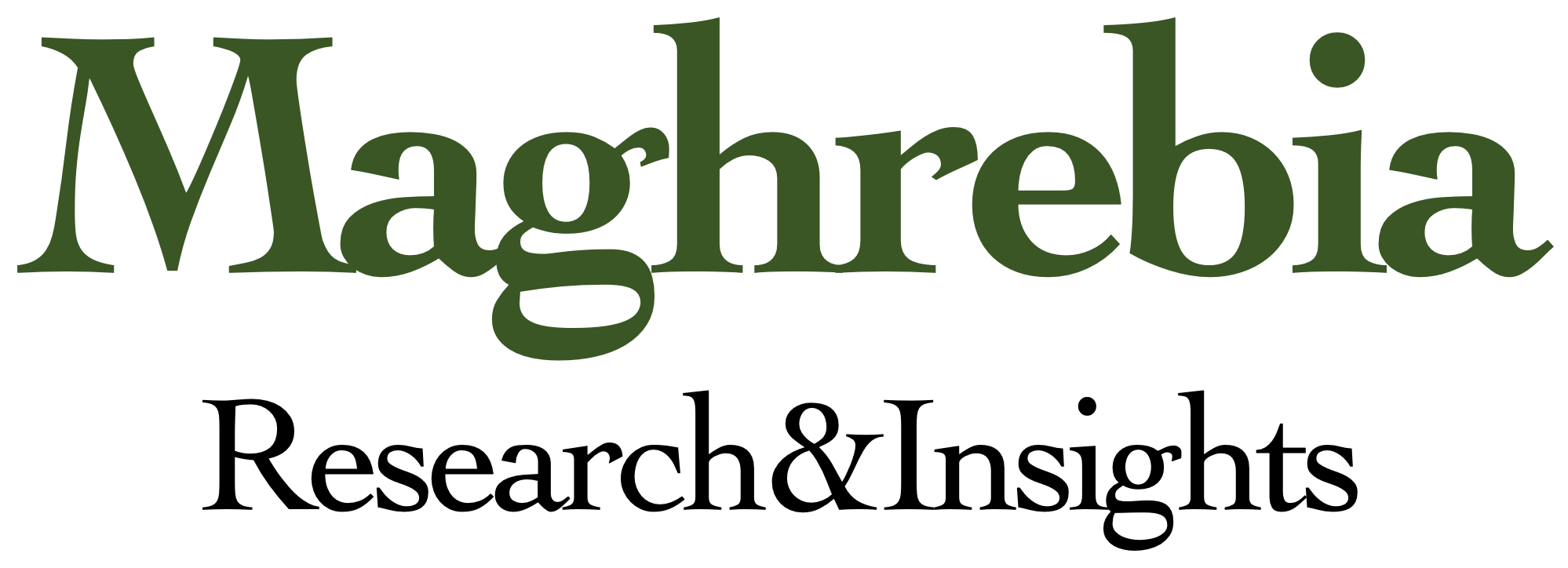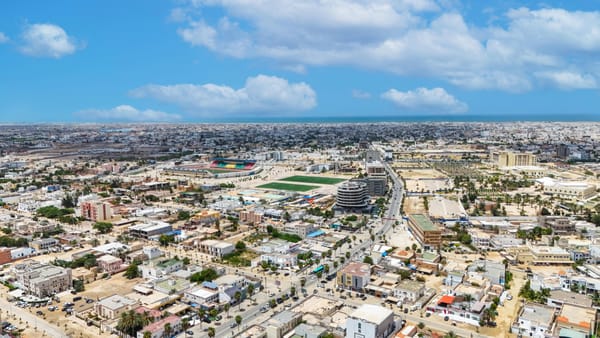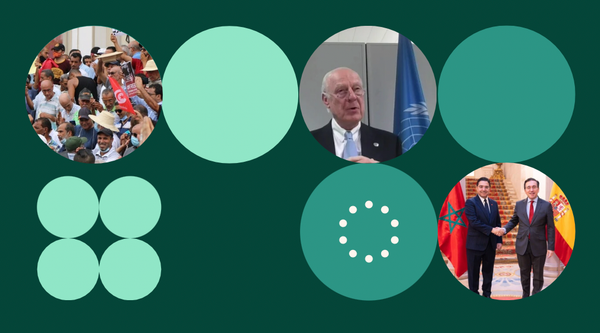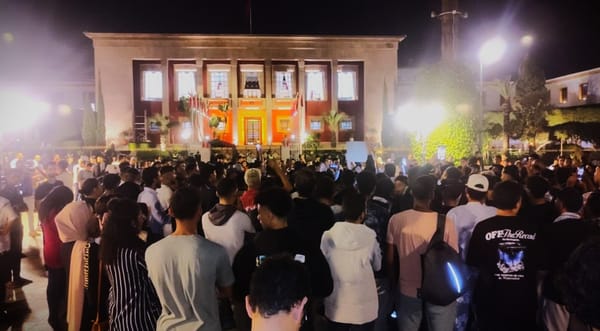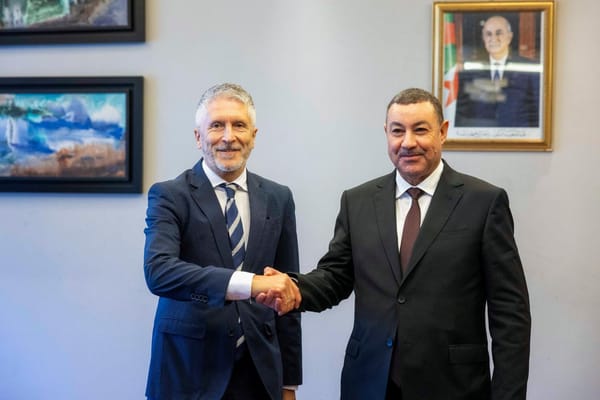#7days of Maghreb
NEWSLETTER. A selection of the most important news of last week from the Maghreb

🇲🇦 Morocco
- Port investments: King Mohammed VI inaugurated several port projects in Casablanca worth €500 million, including a fishing port, a shipyard, and a cruise terminal. These infrastructures aim to position the city as a logistics hub meeting international standards.
- Political parity: Women’s organizations demanded that parties reserve one-third of parliamentary seats for female candidates in the 2026 elections. They consider this measure essential to achieve the constitutional goal of full parity.
- Military corridor: Rabat announced the opening of a military corridor to secure the new road linking the city of Esmara with Mauritania. The project has been entrusted to the Royal Armed Forces since the route must cross the demilitarized zone east of the Berm, nominally under Polisario control.
- Customs reopening: The Beni Enzar-Melilla customs office reopened after being closed by Morocco since July 8, citing interference with the Strait of Gibraltar crossing operation.
- Saida El Alami case: Moroccan blogger Saida El Alami was sentenced to three years in prison for “contempt of a public body, contempt of court and dissemination of false allegations.” The activist had already served time for similar charges and was pardoned last year.
- De Mistura’s tour: UN envoy Staffan de Mistura began a regional tour ahead of a critical Security Council debate on Western Sahara scheduled for October. His visit seeks to bridge gaps between the conflicting parties.
- Growing secularism: A study revealed that Morocco ranks 9th in Africa in terms of citizens identifying as non-religious (35%). Tunisia holds the first place with a similar percentage plus 2.2% of declared atheists.
- African wealth: Morocco ranks third among African countries with the highest number of millionaires, according to a new report, with 7,500 millionaires, 35 centimillionaires, and 4 billionaires. Most of this wealth is concentrated in Casablanca (ranked 9th), though Marrakech remains highly attractive.
- Military industry: Morocco has begun production of armored vehicles in cooperation with Indian company Tata. The agreement strengthens the national defense industry and consolidates cooperation with New Delhi.
- Royal visit: Princess Lalla Salma visited cancer patients at Hassan II University Hospital in Fez. Her last official public appearance was in 2019.
- Polisario hardens stance: UN envoy Staffan de Mistura visited the Tindouf refugee camps, where he met Polisario leader Brahim Ghali. Ghali reiterated that any solution to the Western Sahara issue must include the “inalienable exercise of the right to self-determination.”
🇩🇿 Algeria
- Meeting with De Mistura: Foreign Minister Ahmed Attaf met with the UN envoy and reiterated the need for direct, unconditional negotiations between Morocco and the Polisario Front.
- Arab-Islamic summit: In Doha, President Tebboune, through his foreign minister, warned that “the Zionist entity is the greatest danger to the region.” His remarks reaffirmed Algeria’s hardline stance against Israel.
- Positive IMF report: The International Monetary Fund praised Algeria’s macroeconomic stability and “overall positive” outlook. However, it recommended some reforms to prepare for potential “future shocks,” including diversifying the economy beyond hydrocarbons.
🇲🇷 Mauritania
- Support for Qatar: President Ghazouani reaffirmed Mauritania’s solidarity with Qatar following Israel’s attack on Hamas headquarters in Doha. His presence and speech underscored the country’s alignment with its Gulf partners.
- Saudi cooperation: Ghazouani met with the president of the Saudi Development Fund to discuss new investment projects, including the King Salman bin Abdulaziz Al Saud Hospital. Both countries aim to expand cooperation in infrastructure and energy.
- Opposition manifesto: Several opposition parties issued a joint statement warning of a “worrisome” internal situation in Mauritania. They cited risks of economic crisis and social tensions.
- Government reshuffle: The government announced a partial cabinet reshuffle following the swearing-in of Moctar Ould Yai, affecting key ministries such as Finance, Justice, and Economy. The move aims to strengthen governance amid mounting criticism.
🇹🇳 Tunisia
- Doha summit: Foreign Minister Mohamed Ali Nafti read out a declaration at the Qatar summit calling for Arab-Islamic unity and stressing the need for coordination against “the crimes of the Zionist entity.”
- Saïed defiant: President Kais Saïed denounced attempts to destabilize Tunisia, vowing that the country would remain firm against “traitors” at home and abroad “seeking to undermine the state and plunder its resources.”
🇱🇾 Libya
- Maghreb 'troika': The foreign ministers of Libya, Algeria, and Tunisia reviewed cooperation under this new framework. The meeting, held on the sidelines of the Arab-Islamic Summit in Doha, sought to strengthen regional coordination on security challenges.
- UN meeting: The UN Security Council Sanctions Committee reviewed the interim report of experts on Libya. The document assessed violations of the arms embargo and other restrictive measures.
- Maritime negotiations: Greece announced upcoming talks with Libya’s Tripoli government on delimiting their Exclusive Economic Zone. Prime Minister Mitsotakis invoked international law while rejecting “baseless memorandums,” referring to Tripoli’s deal with Ankara.
'Those who want to do something find a way. Those who don't want to do anything will always find an excuse.'
Maghreb Proverb
